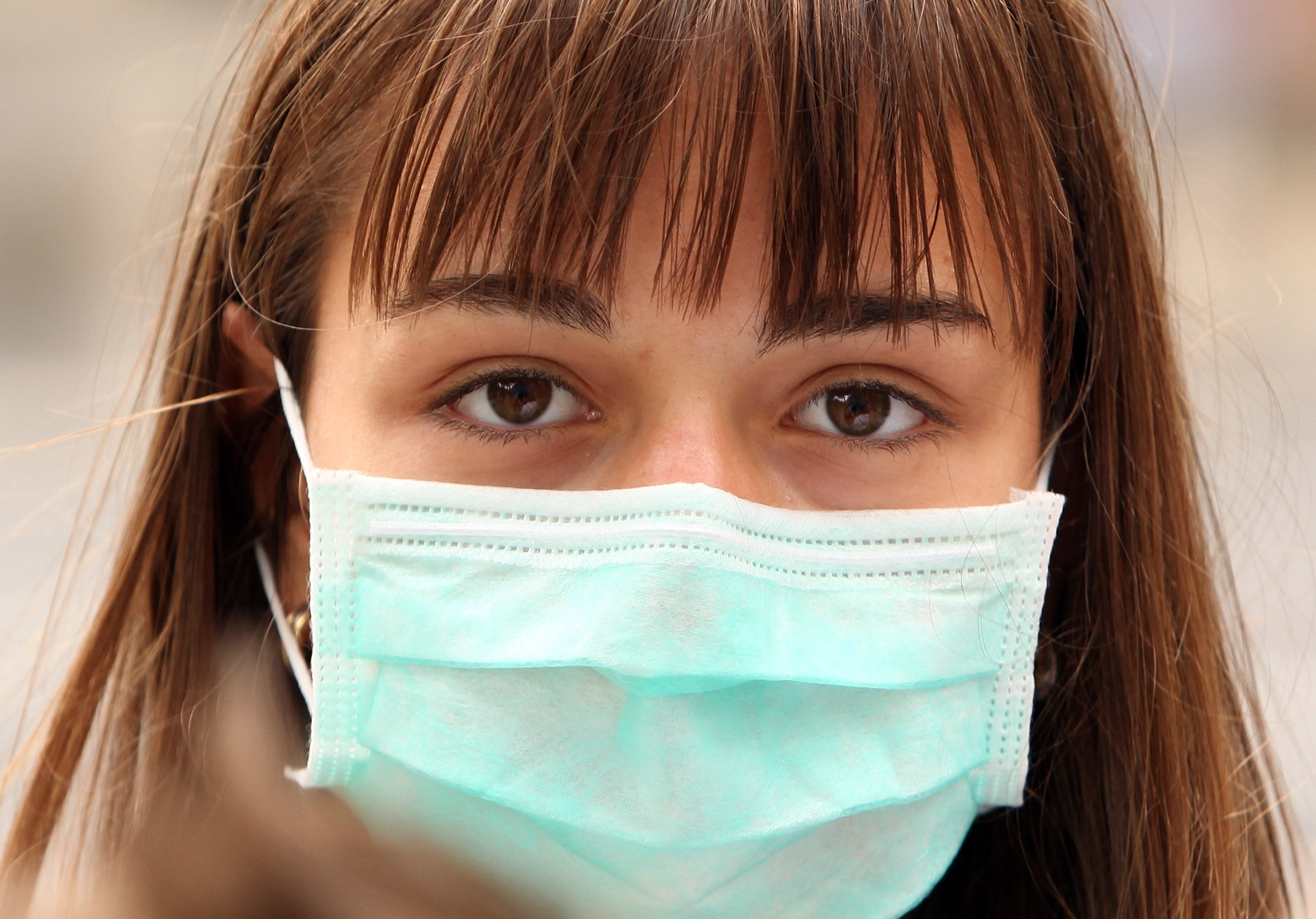Sick days fell to all-time record low in 2020, official figures show
Measures relating to the coronavirus has led to the lowest sickness absence rate on record in the UK

Your support helps us to tell the story
From reproductive rights to climate change to Big Tech, The Independent is on the ground when the story is developing. Whether it's investigating the financials of Elon Musk's pro-Trump PAC or producing our latest documentary, 'The A Word', which shines a light on the American women fighting for reproductive rights, we know how important it is to parse out the facts from the messaging.
At such a critical moment in US history, we need reporters on the ground. Your donation allows us to keep sending journalists to speak to both sides of the story.
The Independent is trusted by Americans across the entire political spectrum. And unlike many other quality news outlets, we choose not to lock Americans out of our reporting and analysis with paywalls. We believe quality journalism should be available to everyone, paid for by those who can afford it.
Your support makes all the difference.The sickness absence rate in the UK workforce has fallen to its lowest level on record, the latest figures reveal.
Findings from the Office for National Statistics (ONS) show that the rate fell to 1.8% last year, down from 1.9% the year prior and the lowest level in 25 years.
This could be attributed to the coronavirus pandemic, which has meant more people have been working from home, shielding on furlough.
Around 118 million working days were lost because of sickness or injury in 2020, equating to 3.6 days per worker. Though, due to a large number of the workforce being on furlough in 2020, figures on days lost might not be comparable to previous and future years.
The majority of days lost were by workers in professional occupations. The occupation group with the least days lost was the administrative and secretarial occupation group.
Female workers took more sick days than male workers in 2020.
The ONS has said that Covid-19 may have led to additional sickness absence, with coronavirus accounting for 14% of the total figure, but measures such as furlough, shielding, social distancing and home working have helped reduce other causes.
The main reason for sickness absence in 2020 was minor illness, including coughs and colds.
Influenza rates are also at a record low. In the seven weeks between the first week of January and the last week of February, not a single case of influenza was detected by public health officials in England.
This has been attributed by public health officials to a change in behaviour, including “social distancing, face coverings and handwashing, as well as the reduction in international travel,” and a record uptake of the influenza vaccine.
Dr Vanessa Saliba, head of flu at Public Health England (PHE), told The Independent: “This season’s immunisation programme is on track to be the most successful ever, with the highest levels of vaccine uptake recorded for those 65 years and over, 2- and 3-year-olds and healthcare workers.”
Christina Pagel, a professor of operational research at University College London also attributed this to an increase in home working.
She said it was necessary to change the workplace attitude — “especially in Britain” — that “if you’re sick, you still go in to work.”
“We’ve shown that a lot of people can work remotely,” she said.



Join our commenting forum
Join thought-provoking conversations, follow other Independent readers and see their replies
Comments